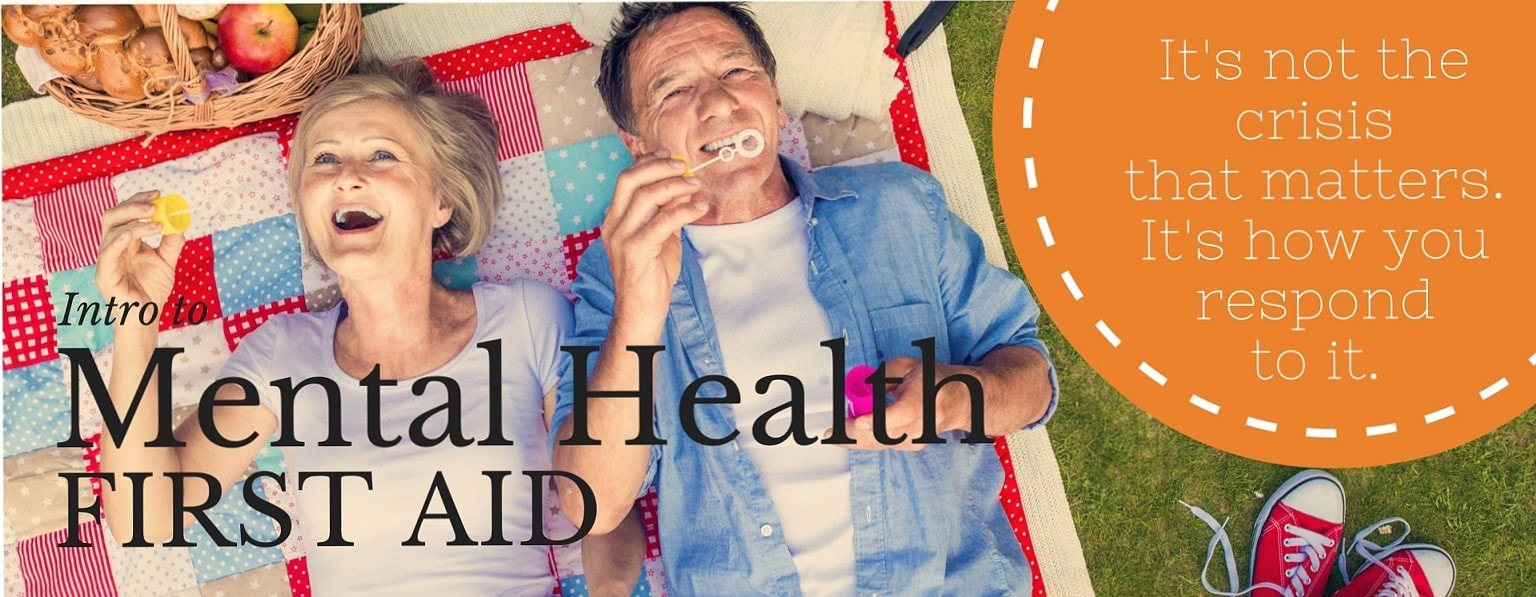|
Recently, I read an article in the New York Times by author and journalist “David Bornstein, entitled “Protecting Children from Toxic Stress.”
“Imagine if scientists discovered a toxic substance that increased the risks of cancer, diabetes and heart, lung and liver disease for millions of people. Something that also increased one’s risks for smoking, drug abuse, suicide, teen pregnancy, sexually transmitted disease, domestic violence and depression – and simultaneously reduced the chances of succeeding in school, performing well on a job and maintaining stable relationships? We would do everything in our power to contain it and keep it far away from our children right?” The author goes on to discuss that there is such a thing and it’s called “toxic stress”. Researchers are now showing us that it is the chronic nature of stress that causes consequences to accumulate over time and contribute to illness such as diabetes, cardiovascular disease, cancer, mental illness and addiction. In children, the effects of toxic stress can be much worse. Exposure to toxic stress weakens the part of the child’s brain that deals with learning, reasoning and emotions. Toxic stress stunts the healthy development of the brain and is strongly associated with lifelong health and social problems. Stress response or the “fight or flight” response evolved in humans over hundreds of thousands of years and is basically a response intended to give us the short burst of energy we needed to save our lives from a threat such as a sabre tooth tiger. Once we have killed or fled from the tiger and the threat is gone we return to a calm physical state. However, when stress becomes chronic, it also becomes toxic. Toxic stress response can occur when a child experiences strong, frequent, and/or prolonged adversity. Such adversity can include physical or emotional abuse, chronic neglect, parental substance abuse or mental illness or exposure to violence. Toxic stress can also be experienced by the accumulated burdens of family economic hardship—poverty, excessive academic and/or athletic demands, punitive, harsh discipline practices, parental separation or divorce. Studies show that youth today are suffering from rising levels of stress, anxiety, depression and even suicide. It’s important if we can, to reduce the circumstances which cause toxic stress. While prevention of toxic stress is best, it can be very difficult to change the environments that produce major stress for families, such as poverty. We now know however, that a powerful mitigating factor is connectedness, nurturing and support. Research shows that, even under stressful conditions, supportive, responsive relationships with caring adults as early in life as possible can prevent or reverse the damaging effects of toxic stress response. (Centre for Developing Child, Harvard University) While adverse circumstances can elevate the body’s stress response, social emotional supports by caring adults such as parents, caregivers and teachers have a powerful effect to return the stress system back to normal. Why does something as simple as social emotional support and connection reduce toxic stress? The answer is surprisingly simple. When a baby is born, do they experience stress? Yes. When they are hungry, tired or uncomfortable, they experience stress and cry. A baby is born with the capacity to experience stress but does not yet have the capacity or the brain development to “self-regulate” that stress. In other words, they are not able to calm themselves –adults do it for them. Every time an infant cries we pick them up, soothe, cuddle and rock them and assist them to return the stress system back to normal. In a child’s first months and years, this ritual takes place often many times a day and perhaps thousands of times over the first five years of life. This creates a very firmly established brain connection that says “If I feel stress, the presence of a nurturing, human caring relationship is going to help me relieve that stress.” According to Darcy Lowell, an associate clinical professor at Yale University School of Medicine, “Children can be shielded from the most damaging effects of stress if their parents are taught how to respond appropriately. One thing that is highly protective is the quality of the relationship between the parent and child. “ The Muskoka Strengthening Families program capitalizes on that protective factor. Strengthening families is a unique family program where parents and their children work together to strengthen the quality of their relationships. Parenting can be extremely rewarding but also can very difficult and most parents would admit that some extra support and assistance is a welcomed opportunity. Strengthening Families is an evidence based program that was originally developed in the United States. The Canadian program began implementation in the year 2000. Muskoka was one of the first sites to implement the program in Ontario and is believed to be the longest ongoing program in Canada 13 years later. Muskoka Strengthening Families program is a hidden gem. Our community has enjoyed 13 years of growing success as our partnership strengthens and we continue to grow and learn. Ten reasons why Strengthening Families works!
0 Comments
Leave a Reply. |
AuthorSuzanne Witt-Foley Archives
January 2021
Categories |

 RSS Feed
RSS Feed
